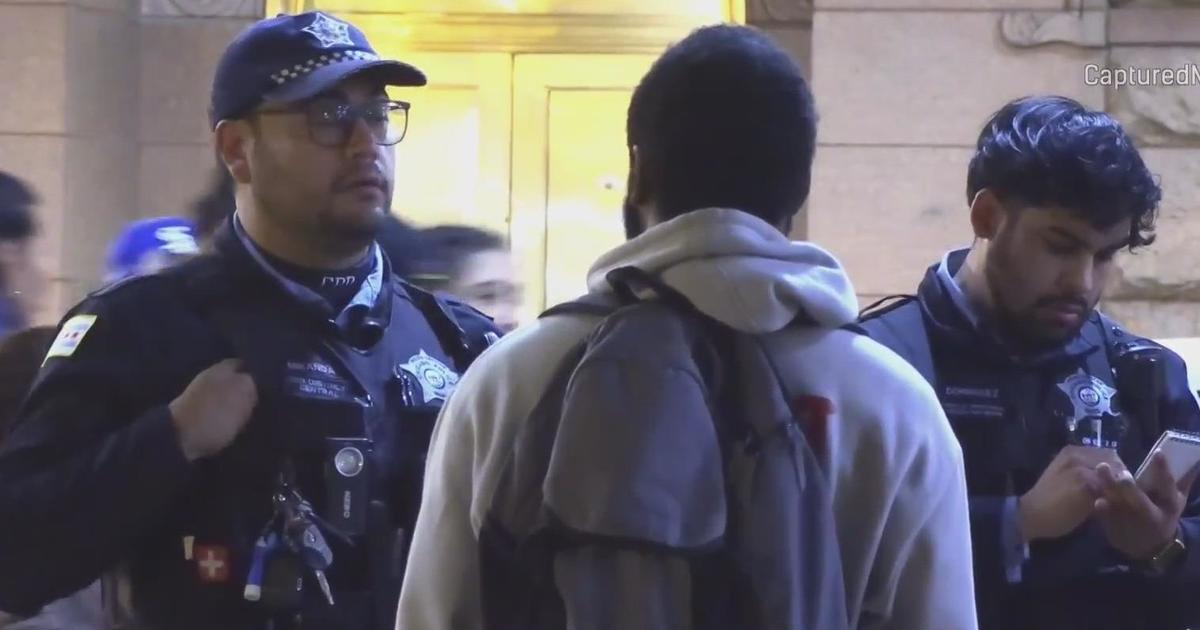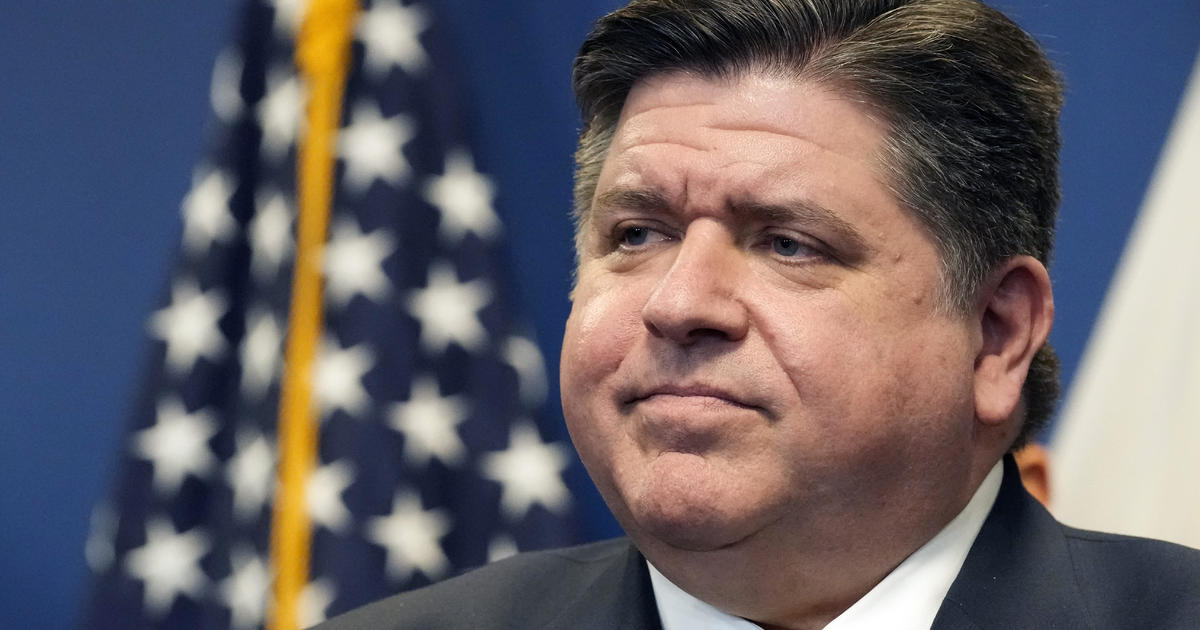Gov. Rauner Blasted For Not Allowing More Patients To Tap Medical Marijuana
(CBS) -- Irritable bowel syndrome, osteoarthritis and Post Traumatic Stress Disorder -- all can be painful conditions.
Many doctors say medical marijuana can provide relief. But not here in Illinois.
CBS 2's Roseanne Tellez explains why certain patients are being shut out of the state medical marijuana program.
One military veteran says he was prescribed so many narcotics he didn't know which end was up. Lon Hodge, a Vietnam veteran, says marijuana has helped him cope with PTSD and is a safer alternative to other drugs.
Hodge says he took the drug legally in Colorado, and it was the only one that helped him sleep through the night without side effects.
Medical marijuana is for sale in Illinois to people suffering from about 40 different ailments. But the governor declined to add PTSD.
"I think it's an insult to every veteran in the state," Hodge says.
It's also contrary to the recommendation of a state advisory board. Members include Dr. Leslie Mendoza Temple, who sees benefits of the drug.
"The safety data on medical cannabis is very good," the physician says.
She also notes medical-marijuana states saw a nearly 25 percent drop in mortality and death from prescription narcotics.
Still, the state wants more proof that the medical marijuana works for certain ailments.
Meanwhile, businesses that sell medical marijuana say sales are off to slow start in the state.
"We are hearing a lot of chatter about that they're having trouble getting enough patients in their stores in order to sustain the business," Jeff Goldman of GTI Clinic Illinois says. "There will be some stores that probably will shutter."
Goldman says without adding to the list of conditions that can be treated with medical marijuana, the business won't grow at a rapid enough pace to offset infrastructure costs.



